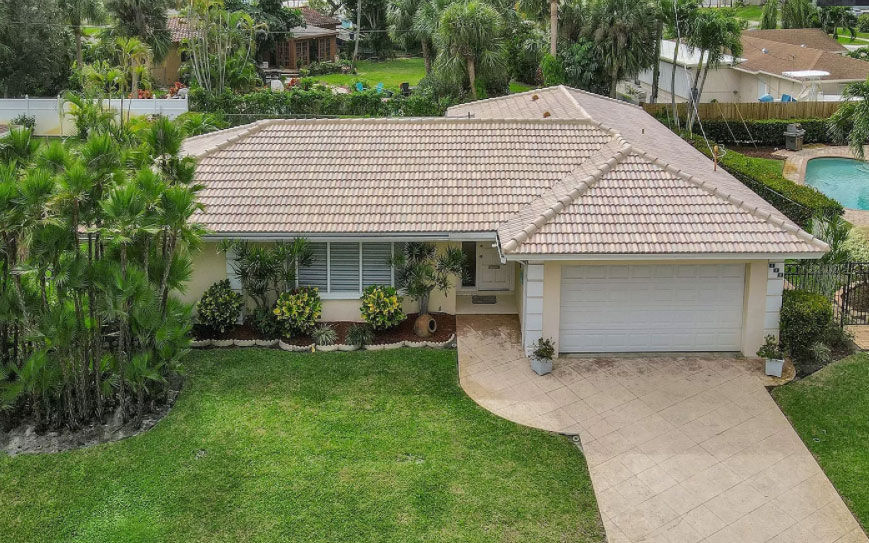
Most first-time home buyers generally do not have all the money needed to pay off the home right away. They need to opt for a loan, and many people go for FHA loans as a result.
FHA loans, in particular, are pretty popular amongst first-time home buyers because it is easier to attain, most notably thanks to the lower down payment requirements. However, this doesn’t mean FHA loans are the best solution for everyone. There are its ups, and there are also its downs.
The Pros of FHA Loans
- Low Down Payment. FHA loans require a significantly lower down payment than conventional loans. According to the official FHA requirements, the down payment should be a minimum of 3.5% of the home’s total value. This can go up to as much as 10%, depending on the mortgage type, the loan size, and the geographical area. With FHA loans, you can put down as low as 3.5% of your home’s value. With conventional loans, the minimum down payment can go up to 20% so this can be quite a big difference.
- Good Credit Score Not Required. Another good thing about FHA loans is that your credit score is not a top priority. This is in stark contrast to conventional loans, where mortgage lenders usually require a good credit score. If you have a credit score of at least 580, you may not be subjected to risk-based pricing, which usually means you will get a lower interest rate.
- Easier to Qualify. Along the same line, FHA loans tend to be easier to qualify for. Since the minimum down payment is lower, mortgage lenders tend to be more lenient on credit scores. Even if you do not meet the minimum credit score requirement on conventional loans, you will probably still qualify for an FHA loan. This means that many people, who would not be able to get a home loan otherwise, will still be able to find an FHA loan that works for them.
The Cons of FHA Loans
- Higher Interest Rates. The downside of FHA loans is that they tend to come with higher interest rates. This is since they come with more risk as compared to conventional loans because they come with lower down payments and lower credit score requirements.
- Higher Closing Costs. Because FHA loans are insured, there are additional fees that you need to pay. The first one is the mortgage insurance premium (MIP), which amounts to 1.35% of the loan amount. On top of that, there is also an upfront mortgage insurance premium (UFMIP), amounting to 1% of the loan amount. You will have to pay it upfront. In case you are paying off a conventional mortgage loan, you won’t have to pay for MIP, but there is a different kind of insurance called PMI, which is similar to MIP.
- Longer Amortization. FHA loans also have longer amortization periods. The standard amortization period for FHA loans is 30 years. For conventional loans, this can go up to as much as 40 years. Sure, a 30-year FHA loan will still be cheaper than a 40-year conventional loan in the long run since you’ll be paying off the principal on a monthly basis. However, paying off a conventional loan might be easier because you pay a little less each month, whereas you pay more on FHA loans per month to cover the shorter period despite the lesser overall costs for FHA loans.
Final Thoughts
As you can see, FHA loans are useful for people with low down payments. Deciding whether or not an FHA loan is right for you should be based on your individual needs. Just remember to always weigh the pros and cons of your loan options before you decide which one to go for.
Contact a Mortgage Specialist in Florida Today!
America’s Mortgage Solutions offers reliable loan solutions to help individuals achieve their homeownership dreams. If you are looking for a mortgage company in North Palm Beach to get the loan you need, work with us today call us at (561) 316-6800.
Do you know how much home you can afford?
Most people don’t... Find out in 10 minutes.
Get Pre-Approved Today

